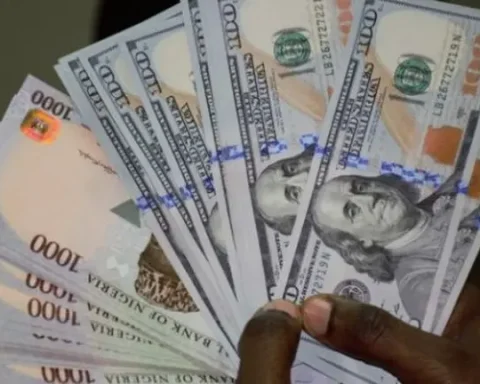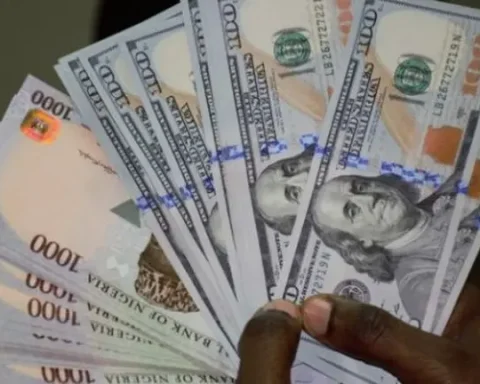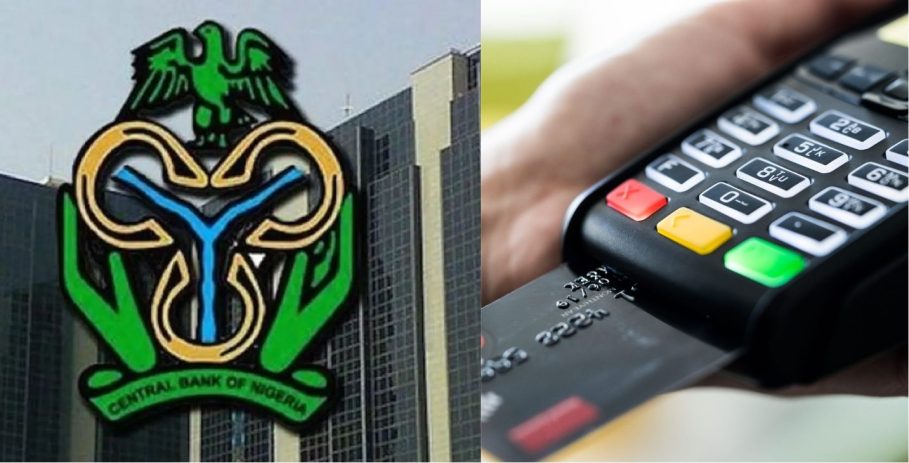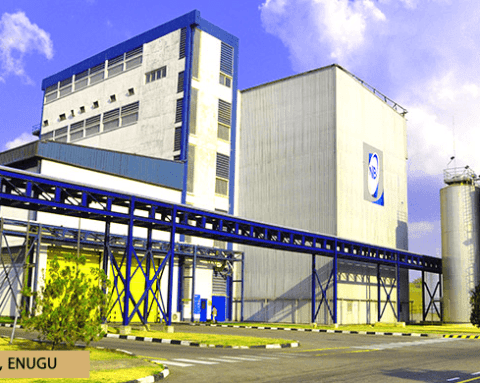The Nigerian naira opened the week on a positive note, trading below ₦1,500 per dollar at the official foreign exchange market.
The Central Bank of Nigeria (CBN) data showed that the naira appreciated to ₦1,497.5 per dollar at the Nigerian Foreign Exchange Market (NFEM) on Monday, 15 September. This reflects a ₦4 gain compared to ₦1,501.5 exchanged last week Friday.
Join our WhatsApp ChannelThis is the first time the naira has traded below ₦1,500 per dollar since February 2025.
At the parallel market, also known as the black market, the local currency strengthened to ₦1,535 on Monday.
The uptrend of the naira comes at a time when Nigeria’s external reserves continue to surge and the inflation rate is on a downward trajectory. The reserves rose to $41.70 billion as of 12 September 2025, according to the CBN data. This reflects an increase of $276.1 million since the beginning of the month, when compared to $41.42 billion recorded on 1 September 2025.
Aside from the naira stability, inflation is also showing positive signs. The Consumer Price Index (CPI) released on Monday by the National Bureau of Statistics (NBS) shows that the headline inflation dropped for the fifth consecutive time to 20.12 per cent in August 2025. The headline inflation rate had dropped to 23.71 per cent in April 2025, down from 24.23 per cent in March. It continued, declining to 22.97 per cent in May, 22.22 percent in June, and 21.88 per cent in July.
Commenting on the inflation report, analysts at CardinalStone attributed the continued deceleration to gains from naira strengthening in recent times and relatively stable energy and food prices.
The analysts projected that with the official exchange rate currently trading below ₦1,500 per dollar, the positive pass-through effect of the strengthening currency to inflation is likely to persist in September, meaning a further decline in the inflation rate.
“The improving FX narrative reflects stronger fundamentals, especially with the current account coasting in the surplus territory, which has helped the FX reserves to reach $41.7 billion. FPI inflows also remained net positive as Nigeria’s carry trade, the highest in Africa, remains attractive.
“As we gradually approach harvest season, we expect food prices to further moderate, especially from late September, which will create support for food inflation,” CardinalStone further stated.
















